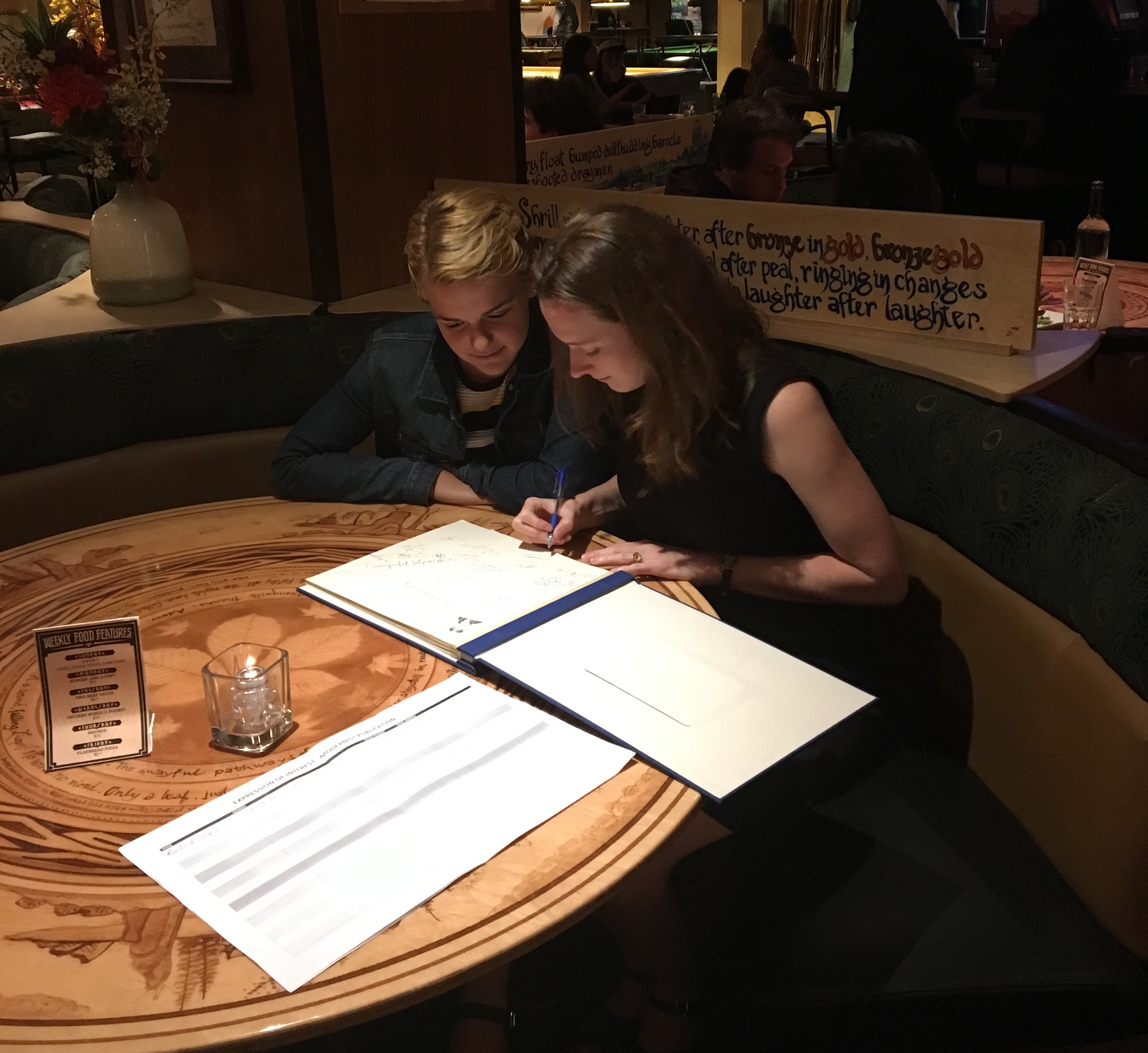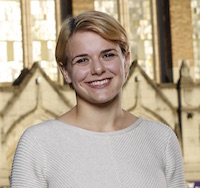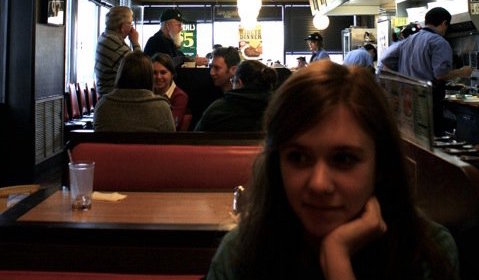GIS for the Digital Humanities
Read Hayley Brazier's reflections on her participation in Lancaster University's Summer School in Geographic Information Systems.
Learn moreDigital Approaches

In June of 2016, I attended the Digital Humanities Summer Institute (DHSI) at the University of Victoria BC as a UW Department of History Digital History Fellow and with the support of a DHSI tuition scholarship. I came to DHSI not knowing what to expect, but walked away feeling attuned to a new academic community and armed with a toolkit of new understandings, skills, and notions of what was possible in both my research and my teaching.
I enrolled in “Critical Pedagogy and Digital Practices in the Humanities,” a course focused on interrogating “notions of outcomes, best practices, and instructional design” in the digital humanities. It was focused on the practical aspects of using technology in the classroom – our discussions ranged from practical methods and digital tools to use in teaching, to considering questions of access to technology, how grading changes in digital space, and how critical pedagogy might be augmented by the digital. It was co-instructed by the indefatigable Jesse Stommel (University of Mary Washington) and Chris Friend (University of St. Leo), both associated with the incredibly insightful online journal Hybrid Pedagogy.
This course put 20+ university educators (graduate students through professors emerita, from community colleges, R1 institutions, and international universities) in one room, and let them talk through their problems. The connections I made and conversations I had at DHSI were undoubtedly the most valuable part of the entire trip. Unlike a standard academic conference, DHSI lasts for a week (or two!) and so real, sustainable friendships and professional contacts can take root. In between classes, countless “un-conference” how-to sessions, seminars, research colloquia, and casual conversations provided opportunities to think through problems, projects, and learn new skills. For me, DHSI served as a space for critical inquiry as well as practical advice and help on my academic to-do list.

Taylor Soja is a graduate student in the Department of History at the University of Washington. She studies Modern Britain and comparative gender history in the British Empire and works specifically on the material culture and contexts of the First World War. In particular, Taylor is interested in the ways in which material technologies of warfare were re-tooled and represented to soldiers, citizens, and the Empire at large. This work is necessarily interdisciplinary, and has focused on factors including geography and distance, travel and communication of information, immersive experiences of exhibition and diorama, and material changes to city-scapes in times of conflict. She has attended both DHSI and the Oxford Digital Humanities Summer School. She is currently serving as a research assistant for the project Humanistic Perspectives on Global Health Partnerships in Africa and Beyond, and has created a digital platform for interdisciplinary collaboration between the project participants.
Read Hayley Brazier's reflections on her participation in Lancaster University's Summer School in Geographic Information Systems.
Learn more
To start off this section I share where I found my interdisciplinary community of women scholars and how it shaped my scholarship.
Learn more